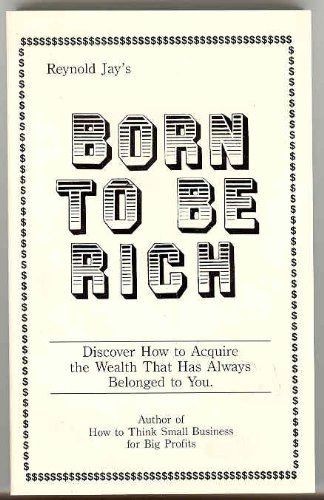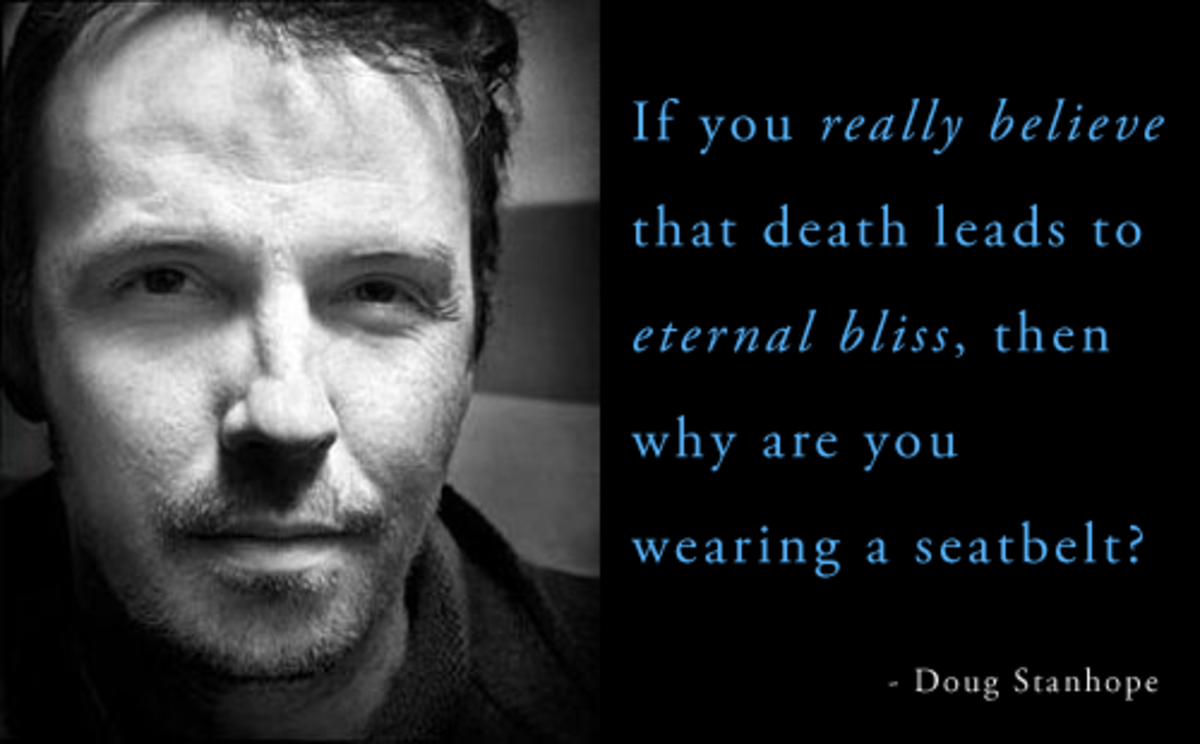Why does "Giving" work so well?





THE IMPORTANCE OF GIVING
Those who quote the Bible often point to the admonition, "Cast your bread upon the water, for after many days you will find it again."
"Cast your bread upon the water" is a Hebrew expression which means, "Give generously." The Living Bible more aptly states this particular verse in the following manner: "Give generously, for your gifts will return to you later." Many have attested that this system really works well. They often point to an instance in which they gave away something one day and received a great reward shortly afterward.
Is there a Cause and Effect?
Most often these instances do not have a cause-and-effect relationship. Such a story suggests that a spiritual force was at work.
Organized religions almost always point to this remarkable type of event, most often before passing the collection plate. Since a small token of giving promises great rewards, most members will drop a few coins into the plate, only half believing that the coins will really be returned the following week.
“Have faith that it will happen” (Ecclesiastes 11:9) and “ Whatever a man sows he shall reap (Galatians 7, Living Bible) could very well be slogans offered by the state lottery system in hopes of increasing its revenues. Surely the Bible had some other purpose in mind for making these incredible statements. However, the event happens much too often to be dismissed lightly and cast aside as a total misconception.
The Scientific Approach
Is there a law of giving? Is there a balance of nature that says that a giver will almost always receive something back for his efforts without divine intervention? Other laws of nature seem apparent too, like "You can't have something for nothing, " which most often is an action attempted by takers.
What is the act of giving?
Most of us would say that true giving is done without the certainty of reward. Something tangible or intangible would be passed from you to another individual with no anticipation that the receiver would ever repay you. You would expect to sacrifice some of your resources so that another person could benefit.
This could also take into account that you probably felt that your survival was somewhat assured without the item that you managed to give away. Certainly no one would give away an item that was essential to his own personal survival or allow something that he gave away to threaten his survival.
However, his personal survival could be slightly one less item, bringing you one step closer to not surviving. Possession of material goods is directly related to anyone's survival. Whenever something is given away, we have fewer possessions.
Assuming that a person's income and consumption were exactly equal, if he gave away an item occasionally, his original equity would eventually be lost and he would be penniless. Since no one would place himself in this precarious position, we could calculate that most givers would be earning more than they consumed.
Many times the item given away is actually totally worthless to the giver. How often have we all given an old coat or a pair of pants to the Salvation Army simply because we wanted to give to someone less fortunate than ourselves? We feel better giving something away for a worthwhile cause than simply throwing it into a trash can.
Since a giver must be earning more than he consumes, he is actually transferring some of his purchasing power to someone else. He is in effect saying, "I do not need to consume more. I've consumed my share, now it is time to allow others to consume a portion of my assets.”
Many Wealthy Individuals tend to be Generous
This is why, in my opinion, most wealthy people are very generous with their wealth. They realize that it would be impossible to personally consume all the wealth they have accumulated and decide to share it with their fellow man. It’s a kind of “Thank you,” since it was their fellow man that created the wealth for them in the first place.
Giving is not all about Money
The giving of intangible items like cheerfulness, hope, optimism or love attracts the same feelings. We can all attest to this force of nature from our own personal involvement with it. As a school teacher, I can easily transform grumpy, sleep-eyed students on a rainy morning into cheerful, happy students.
~*~
Discover a path to great wealth.
This article taken from Born to be Rich









